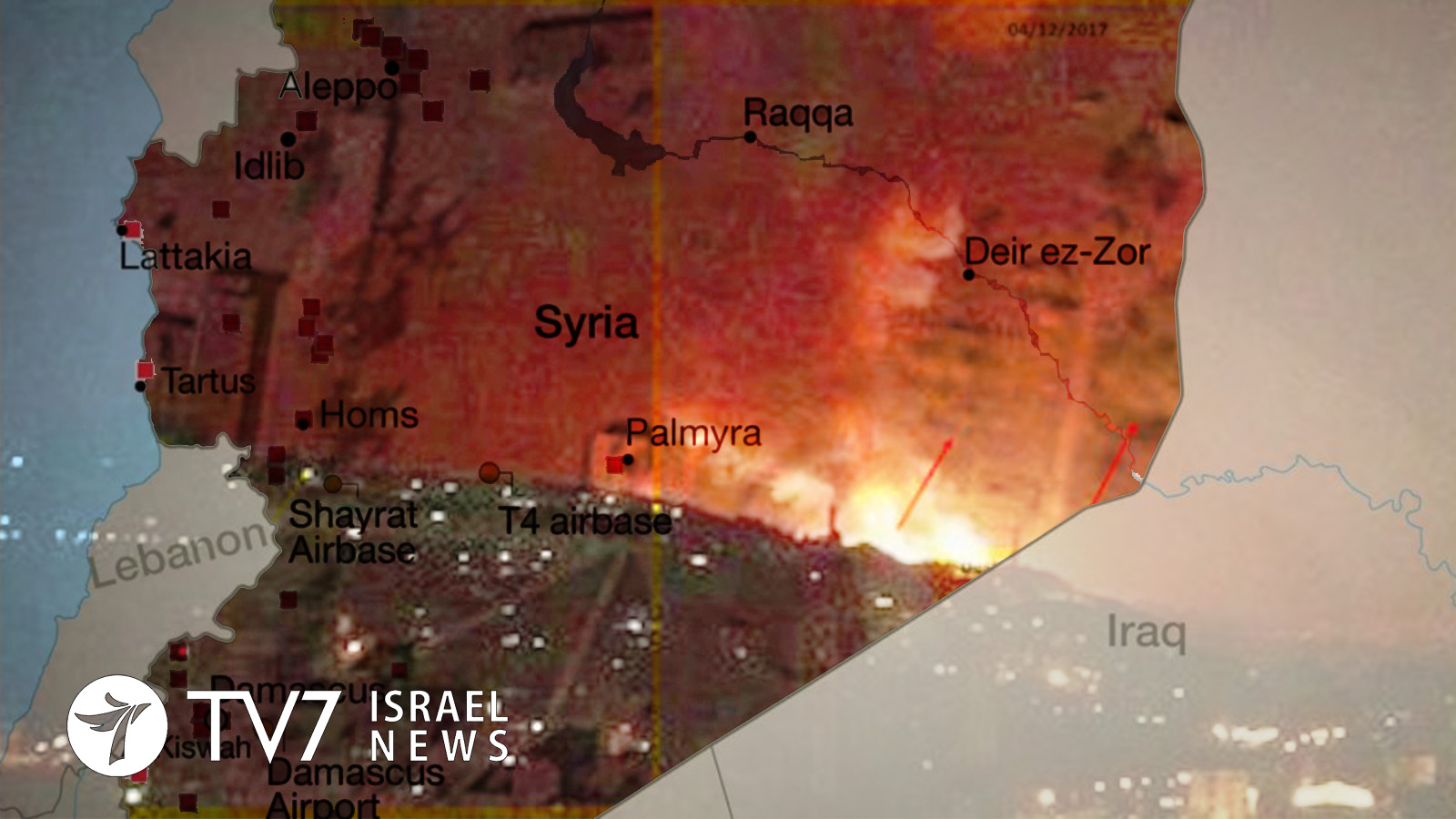U.S. National Intelligence Director Dan Coats warned that Iran’s efforts to consolidate its influence in Syria and arm its Lebanese proxy Hezbollah have elevated the risk of conflict escalation. In a hearing of top American intelligence officials to the U.S. Senate’s Intelligence Committee, the Director of National Intelligence stressed that the Iranian efforts are responsible for the Israeli strikes in its northern neighbors, and that Tehran’s actions underscore Washington’s concerns for a long-term trajectory of Iranian influence in the region.
Director Coats further warned that the Iranian regime is expected to continue pursuing its regional ambitions, despite its deteriorating economy. According to him, “The Iranian regime will continue pursuing regional ambitions and improve military capabilities, even while its own economy is weakening by the day.”/” Tehran continues to sponsor terrorism, as the recent European arrests of Iranian operatives plotting attacks in Europe demonstrate. We expect Iran will continue supporting the Houthis in Yemen and Shi’ite militants in Iraq while developing indigenous military capabilities that threaten U.S. forces and allies in the region. Iran maintains the largest inventory of ballistic missiles in the Middle East and while we do not believe Iran is currently undertaking activities we judge necessary to produce a nuclear device; Iranian officials have publicly threatened to push the boundaries of JCPOA restrictions if Iran does not gain the tangible financial benefits it expected from the deal.”
Also testifying to the Senates Intelligence Committee was the CIA Director Gina Haspel, who claimed that while the Iranian regime was currently complying with the Joint Comprehensive Plan of Action, which is the technical term of the 2015 multilateral nuclear agreement with Iran, “The Iranians are considering taking steps that would lessen their adherence to the JCPOA, as they seek to pressure the Europeans to come through with the investment and trade benefits that Iran hoped to gain from the deal.” / “At the moment they are technically in compliance, but we do see them debating amongst themselves as they fail to realize the economic benefits they hoped for from the deal.”
According to the official statement, that was published by the Central Intelligence Agency, the current assessment remains that “Iran is not currently undertaking the key nuclear weapons-development activities (the CIA) judges necessary to produce a nuclear device. However, Iranian officials have publicly threatened to reverse some of Iran’s Joint Comprehensive Plan of Action commitments—and resume nuclear activities that the JCPOA limits—if Iran does not gain the tangible trade and investment benefits it expected from the deal” per the official report. That said, while report claimed that “Iran’s continued implementation of the JCPOA has extended the amount of time Iran would need to produce enough fissile material for a nuclear weapon from a few months to about one year,” the Chairman of Iran’s Atomic Energy Organization Ali Akbar Salehi announced earlier this month, that the Islamic Republic has started taking initial measures to develop a 20 percent enriched fuel that will be used for the country’s nuclear reactors.
